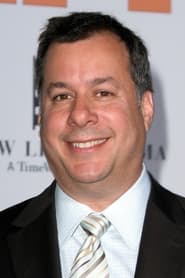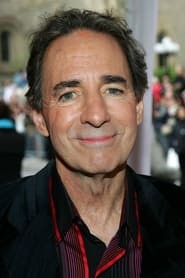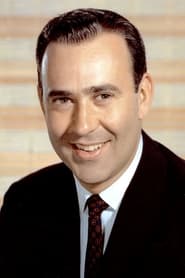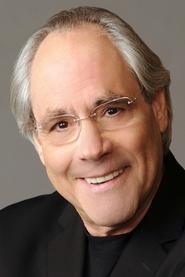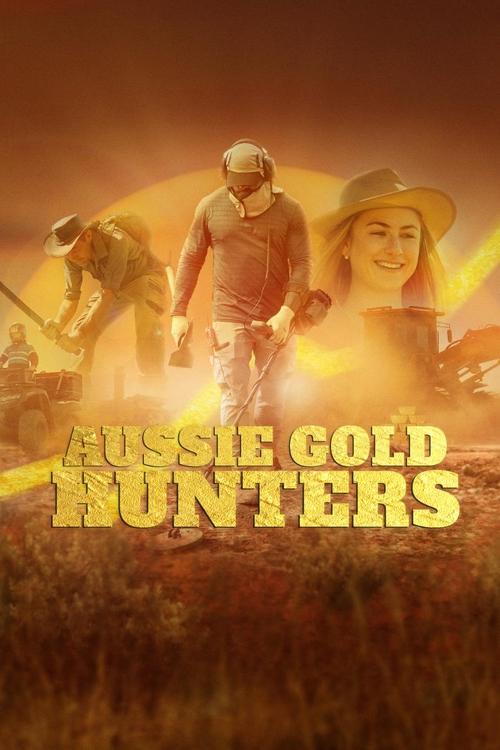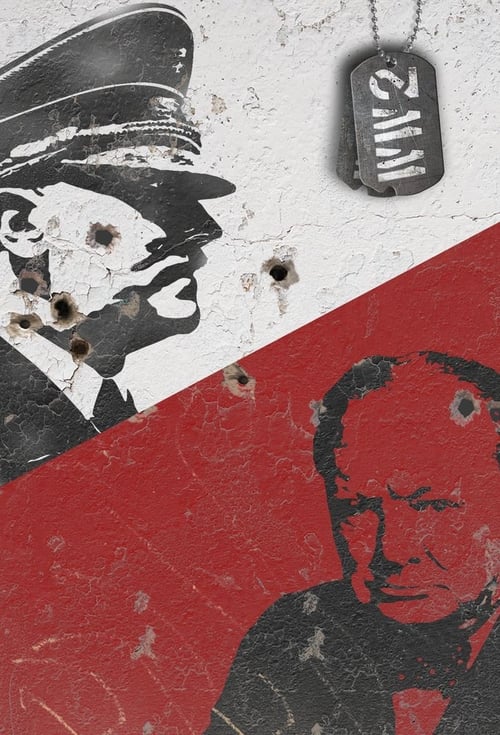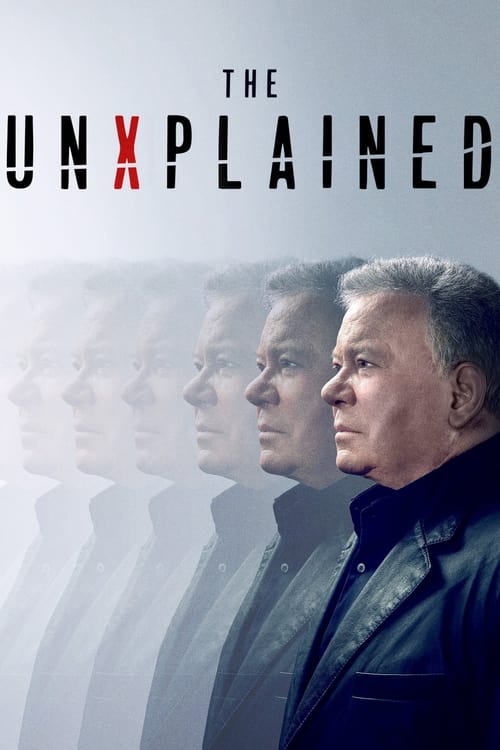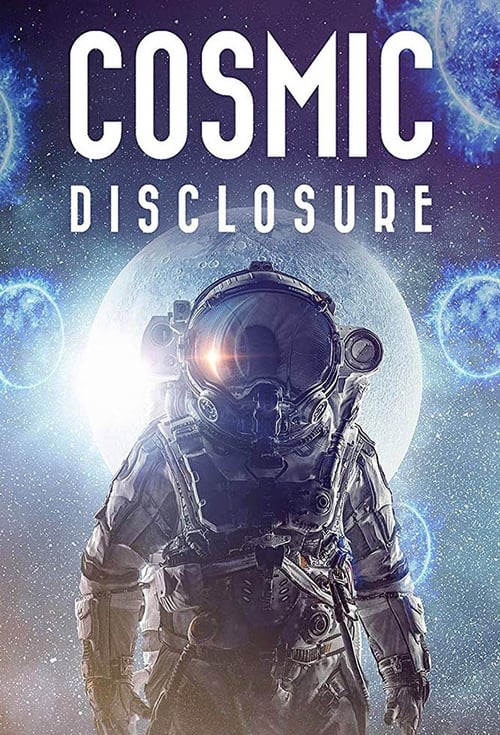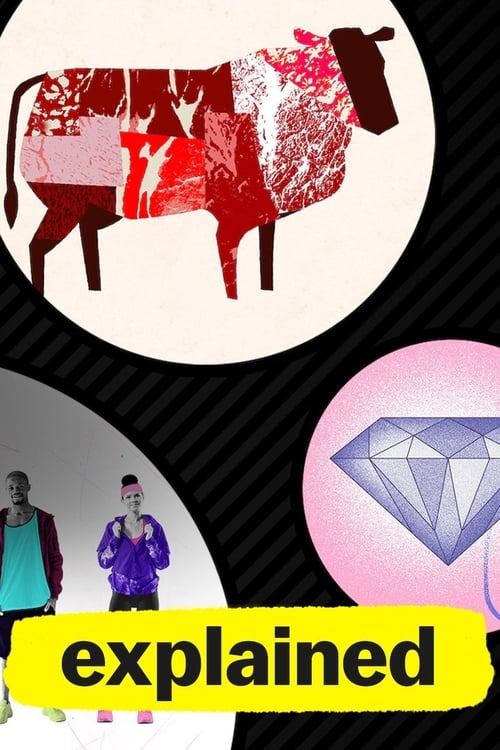
Ask Your Own Question
What is the plot?
In the episode "On Parody and Satire" from "The History of Comedy," the narrative begins with an exploration of the origins of parody and satire in comedy. The episode opens with a montage of classic comedic clips that showcase how parody has been used throughout history to comment on societal norms and political issues. The visuals are vibrant, featuring iconic moments from television and film that highlight the cleverness and wit of parody.
As the episode progresses, it delves into the historical context of satire, starting with ancient Greece. The show features scholars and comedians discussing the works of Aristophanes, who is credited with using satire to critique political figures and societal issues of his time. The visuals shift to animated illustrations of Aristophanes' plays, emphasizing the boldness of his comedic style and the risks he took in addressing controversial topics.
The narrative then transitions to the Renaissance period, highlighting the emergence of satire in literature. The episode showcases the works of writers like Jonathan Swift and Voltaire, with dramatic readings of their texts accompanied by historical imagery. The emotional weight of their critiques is palpable, as the episode emphasizes how satire served as a tool for social commentary and change.
Next, the focus shifts to the 20th century, where the episode examines the rise of television and its impact on parody. Clips from shows like "Saturday Night Live" and "The Simpsons" are featured, illustrating how these programs have used parody to reflect and critique contemporary culture. Interviews with cast members and writers provide insight into their creative processes, revealing the motivations behind their satirical choices.
The episode then highlights key moments in political satire, particularly during election seasons. It showcases how comedians like Jon Stewart and Stephen Colbert used their platforms to challenge political figures and influence public opinion. The visuals include clips of their most memorable segments, capturing the energy and urgency of their performances.
As the episode progresses, it addresses the evolution of parody in the digital age, focusing on the rise of social media and its role in shaping comedic content. The narrative includes examples of viral videos and memes that have become modern forms of parody, illustrating how the internet has democratized comedy and allowed for a wider range of voices to be heard.
The episode culminates in a discussion about the fine line between parody and offense. Comedians and commentators weigh in on the ethical implications of satire, particularly in a diverse society. The emotional tone shifts as the episode grapples with the challenges of navigating sensitive topics while still aiming to provoke thought and laughter.
In the closing moments, the episode reflects on the enduring power of parody and satire as tools for social commentary. It features a montage of contemporary comedians who continue to push boundaries, leaving viewers with a sense of the ongoing relevance of these comedic forms in addressing the complexities of modern life. The final visuals are a blend of laughter and contemplation, encapsulating the episode's exploration of the intricate relationship between comedy, society, and the human experience.
What is the ending?
In the ending of "On Parody and Satire," the episode concludes with a reflection on the power and impact of parody and satire in comedy. Various comedians share their thoughts on how these forms of humor can challenge societal norms and provoke thought. The episode wraps up with a montage of iconic parodies and satirical moments in comedy history, emphasizing their significance in shaping public discourse and culture.
As the episode draws to a close, the screen transitions to a series of clips showcasing the evolution of parody and satire throughout the years. The first scene features a montage of classic television shows and films that have utilized parody, such as "Saturday Night Live" and "The Simpsons." The laughter of audiences echoes in the background, illustrating the joy and connection that these comedic forms bring to viewers.
Next, the narrative shifts to interviews with prominent comedians who discuss their personal experiences with parody and satire. One comedian reflects on how they used satire to address political issues, revealing their motivation to provoke thought and inspire change. Their emotional tone conveys a deep sense of responsibility, as they acknowledge the potential impact of their work on society.
The scene transitions to a roundtable discussion among comedians, where they share anecdotes about the challenges of creating effective parody. One comedian recounts a moment when their satirical piece faced backlash, highlighting the fine line between humor and offense. The tension in the room is palpable as they express their fears and hopes for the future of comedy.
As the episode nears its conclusion, the screen fills with clips of iconic satirical moments, such as "The Daily Show" and "The Colbert Report." The laughter and applause from audiences serve as a reminder of the power of these comedic forms to resonate with viewers. The montage culminates in a powerful statement about the role of comedy in society, emphasizing that parody and satire are not just entertainment but vital tools for reflection and critique.
In the final moments, the episode leaves viewers with a sense of hope and inspiration. The screen fades to black, and the words "Comedy is a mirror to society" appear, encapsulating the essence of the episode's exploration of parody and satire. The fate of the comedians featured throughout the episode is one of continued engagement with their craft, as they remain committed to using humor to challenge and inspire their audiences.
Is there a post-credit scene?
In the episode "On Parody and Satire" of The History of Comedy, there is no post-credit scene. The episode concludes with a summary of the themes discussed throughout, focusing on the impact of parody and satire in comedy. It wraps up the exploration of how these forms of humor have evolved and their significance in reflecting societal issues, without any additional scenes or content after the credits.
What examples of parody are discussed in this episode?
The episode explores various examples of parody, including the works of comedians like 'Weird Al' Yankovic, who is known for his humorous song parodies, and television shows like 'Saturday Night Live' that often parody current events and pop culture.
How does the episode illustrate the impact of satire on political discourse?
The episode highlights how shows like 'The Daily Show' and 'Saturday Night Live' use satire to comment on political issues, showcasing clips that demonstrate how humor can influence public opinion and provoke thought about serious topics.
What role do specific comedians play in the discussion of satire in this episode?
Comedians such as Jon Stewart and Stephen Colbert are featured prominently, discussing their approaches to satire and how they use humor to critique societal norms and political figures.
Are there any notable segments that focus on the evolution of parody in media?
Yes, the episode includes segments that trace the evolution of parody from classic films and television shows to modern digital content, illustrating how the medium has changed while the essence of parody remains.
What emotional responses do comedians express regarding the challenges of creating satire?
Comedians share their internal struggles with balancing humor and sensitivity, expressing feelings of pressure to address serious issues while still making audiences laugh, revealing their motivations and fears in the creative process.







